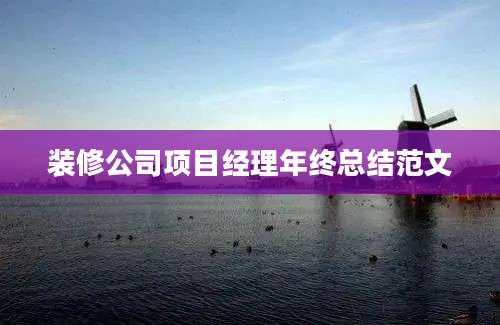英文采访稿范文

Title: Interview with Dr. Emily Johnson, Environmental Scientist
Introduction:
Dr. Emily Johnson, a leading environmental scientist, has been at the forefront of climate change research. Today, we have the privilege of interviewing her about her work, the challenges she faces, and her vision for the future of environmental science.
Interviewer:
Good morning, Dr. Johnson. Thank you for joining us today. Can you start by telling us a bit about your background and how you became interested in environmental science?
Dr. Johnson:
Good morning. It's a pleasure to be here. I've always had a passion for the natural world. My interest in environmental science began during my undergraduate studies, where I was exposed to the complexities of ecological systems and the impact of human activities on the environment. This led me to pursue a Ph.D. in environmental science, and here I am today.
Interviewer:
That's fascinating. Can you share with us some of the key findings from your research on climate change?
Dr. Johnson:
Certainly. My research focuses on the effects of climate change on coastal ecosystems. We've found that rising sea levels and increasing temperatures are causing significant changes to these habitats, which can have profound impacts on biodiversity and human communities.
Interviewer:
That's concerning. What are some of the solutions you're exploring to mitigate these effects?
Dr. Johnson:
We're looking at a range of solutions, from restoring degraded ecosystems to developing new technologies that can reduce carbon emissions. Additionally, community engagement and policy changes are crucial. Educating people about the importance of conservation and advocating for sustainable practices are key steps in the right direction.
Interviewer:
It sounds like you're a strong advocate for change. How do you encourage others to take action on environmental issues?
Dr. Johnson:
I believe in the power of storytelling. By sharing personal stories and reallife examples, we can make environmental issues more relatable and urgent. It's also important to be a role model through our own actions, whether it's reducing waste, supporting renewable energy, or simply being mindful of our consumption habits.
Interviewer:
Thank you for that insight. Dr. Johnson, what do you see as the biggest challenge facing environmental scientists today?
Dr. Johnson:
Funding and political will are the biggest challenges. Environmental research often requires significant funding, and without it, we can't make the necessary breakthroughs. Additionally, political leaders need to prioritize environmental issues and take concrete actions to address them.
Interviewer:
Thank you for your time, Dr. Johnson. We're grateful for your insights and dedication to environmental science.
Conclusion:
Dr. Emily Johnson's dedication to environmental science is an inspiration. Her research and advocacy efforts are vital in the fight against climate change, and we hope her message resonates with our audience.
常见问答知识清单
1. 采访稿的结构是怎样的?
2. 如何开头和结尾采访稿?
3. 如何准备采访问题?
4. 采访中应避免哪些问题?
5. 如何进行录音和笔记?
6. 如何处理采访中出现的沉默?
7. 如何确保采访内容的准确性和客观性?
8. 如何处理采访中的敏感话题?
9. 如何整理和编辑采访稿?
10. 采访结束后,应该如何跟进和感谢被采访者?
详细解答
1. 采访稿的结构:
采访稿通常包括引言、主体和结语。引言简要介绍被采访者和采访目的,主体包含一系列问题及其回答,结语是对采访的总结和感谢。
2. 开头和结尾:
开头应友好、亲切,介绍采访者和被采访者,并简要说明采访目的。结尾应感谢被采访者参与,并表达对采访内容的期待。
3. 准备采访问题:
根据采访目的和被采访者的背景,准备开放性问题,以便获取深入、丰富的回答。
4. 避免的问题:
避免敏感、带有偏见或可能导致尴尬的问题,保持专业和尊重。
5. 录音和笔记:
使用录音设备记录整个采访过程,并做笔记以捕捉关键信息。
6. 处理沉默:
保持冷静,给被采访者足够的时间思考回答,避免打断。
7. 确保准确性和客观性:
仔细校对采访稿,确保问题与回答的一致性,避免误导。
8. 处理敏感话题:
以敏感话题为背景,采用委婉、间接的方式提问,尊重被采访者的隐私。
9. 整理和编辑:
将录音整理成文字,编辑时注意语法、拼写和格式,确保内容流畅。
10. 跟进和感谢:
采访结束后,通过邮件或电话向被采访者发送感谢信










